Earlier this month, I gave a talk on the basics of the miles game at Seedly Personal Finance Festival 2023. While there’s only so much you can cover in a 20-minute slot (even when speaking at my usual 1,000 words per minute), I hope it served to whet the appetite for a new generation of miles chasers!
Since we’re talking basics, I thought it might be helpful to put together a post on common mistakes made by first-timers to the miles game. In other words, if you could shake your miles noob friend and scream “don’t do this!”, what would it be?
Here’s my list.
(1) Wasting your new-to-bank status
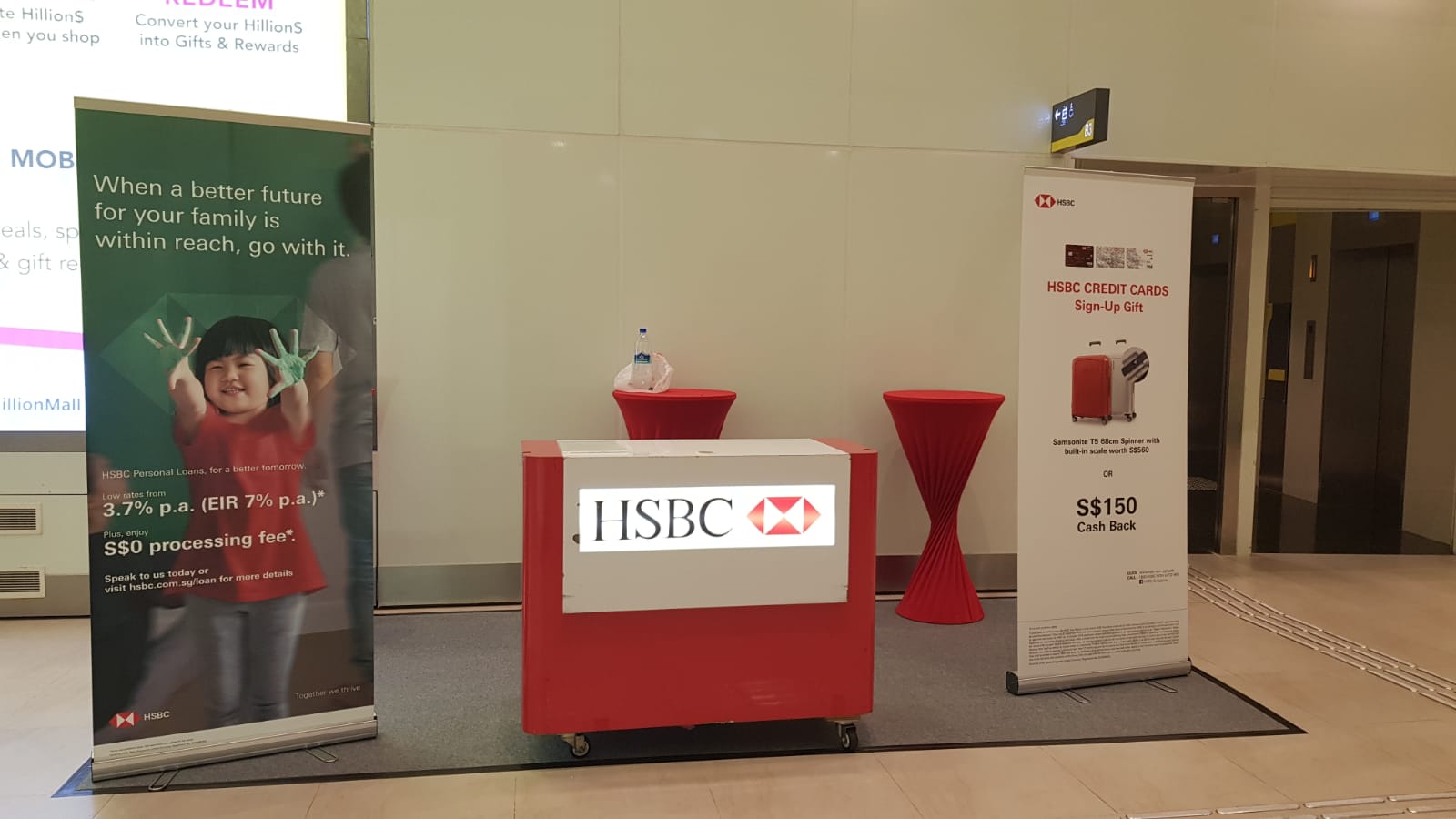
A new-to-bank customer is usually defined as follows:
Someone who does not hold any principal credit cards with a given bank, and has not cancelled any in the past 12 months
A few things to note:
- This only refers to a principal credit card; a supplementary credit card, in and of itself, does not disqualify you (except in some extreme cases with mickey mouse banks)
- This only refers to credit cards; a debit card, in and of itself, does not disqualify you
- This only refers to consumer cards; a corporate or business card, in and of itself, does not disqualify you
- Recent cancellations of a principal credit card will start a “time-out” period, usually 12 months (but can be as little as six for certain banks), after which you’ll be considered new again. This is to stop people from gaming the system by cancelling and then reapplying the next day
New customers are a crucial metric for banks, so if you count as one you’re very valuable to them! For example, new Citi and Standard Chartered cardholders typically get at least S$300 cash, while new American Express or UOB cardholders can earn thousands of bonus miles.
Therefore, the last thing you want to do is sign up for a random credit card at a roadshow to get a free power adapter or water bottle (SITEX booths are the worst culprits, if you ask me). It’s like trading your inheritance for a bowl of stew.
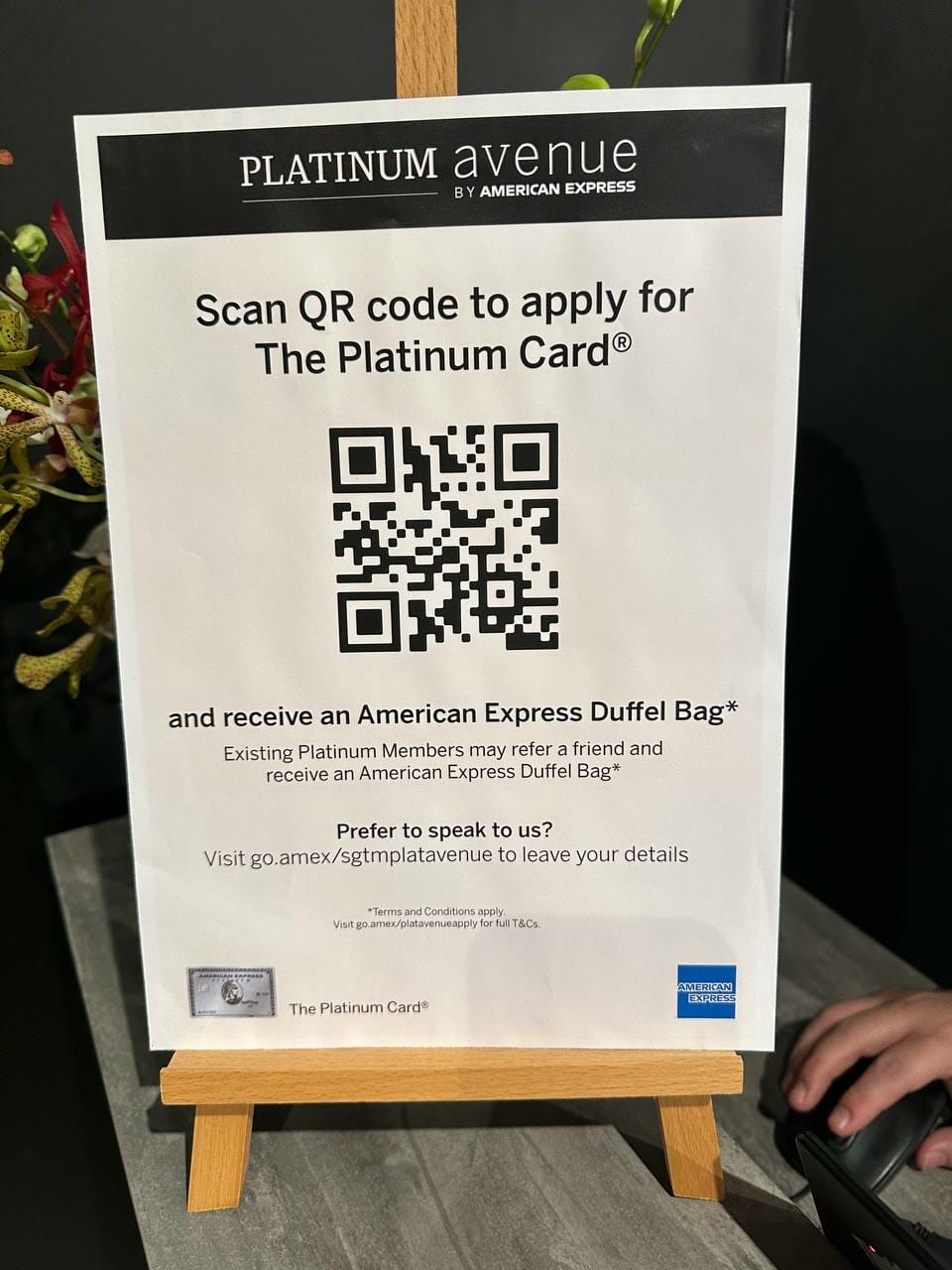
What you should instead be doing is monitoring the latest offers, and striking when the opportunity arises.
(2) Not cancelling cards you don’t use
This is an offshoot from the previous point, but if you have a card that’s just sitting in your drawer collecting dust, and it happens to be your last card with that particular bank, consider cancelling it.
This will then start the countdown on your new-to-bank status resetting, when you’ll be eligible for lucrative sign-up gifts once more.
Before you cancel any card, be sure to:
- transfer out any points to miles, and redeem the remainder for whatever you can find in the rewards catalogue (assuming this is your last card with a given bank, or if points do not pool)
- make sure you haven’t set it as the default card for some billing arrangement like insurance, or hosting subscriptions- as I discovered one night when The MileLion went down.
(3) Buying miles via annual fees
Many credit cards offer miles upon payment of the annual fee, but if miles are the only reason you’re paying the annual fee, then you’re very likely overpaying.
Here’s a list of credit cards that award miles for paying the annual fee. Note in particular the last column labelled “CPM”, which refers to cents per mile (annual fee divided by miles).
| 💳 Miles with Annual Fee |
|||
| Card | Annual Fee | Miles | CPM |
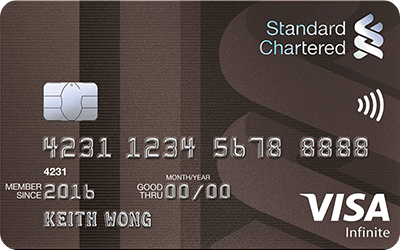 SCB Visa Infinite SCB Visa InfiniteApply |
S$594 | 35,000 (first year only) |
1.70 |
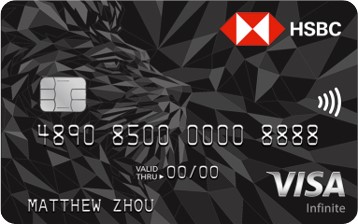 HSBC Visa Infinite HSBC Visa InfiniteApply |
S$656.08 | 35,000 (first year only) |
1.87 |
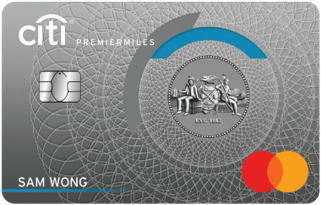 Citi PremierMiles Citi PremierMilesApply |
S$194.40 | 10,000 | 1.94 |
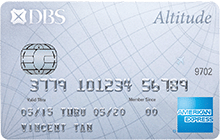 DBS Altitude AMEX DBS Altitude AMEXApply |
S$194.40 | 10,000 | 1.94 |
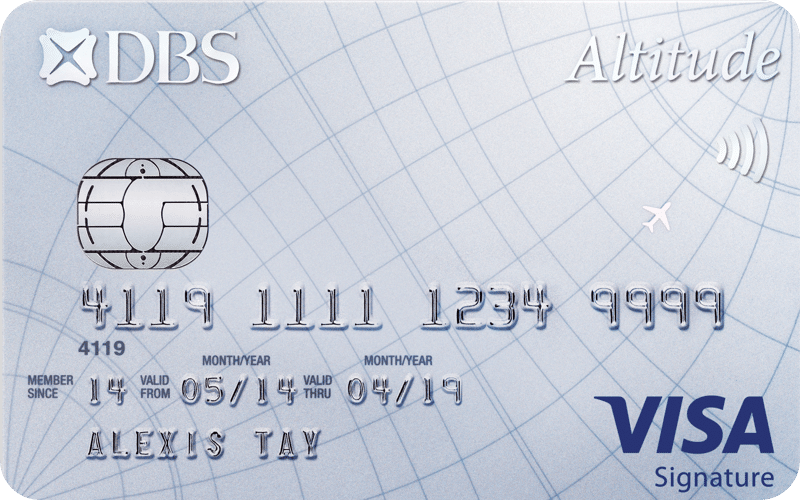 DBS Altitude Visa DBS Altitude VisaApply |
S$194.40 | 10,000 | 1.94 |
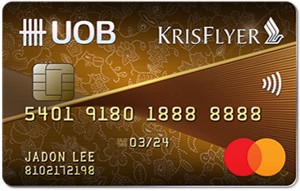 KrisFlyer UOB Credit Card KrisFlyer UOB Credit CardApply |
S$194.40 | 10,000 | 1.94 |
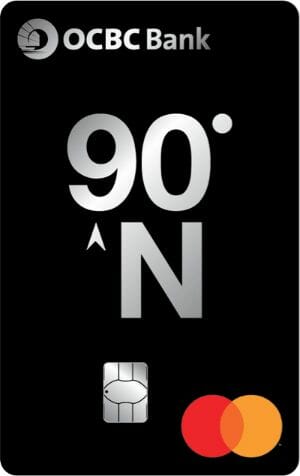 OCBC 90°N Mastercard OCBC 90°N MastercardApply |
S$194.40 | 10,000 | 1.94 |
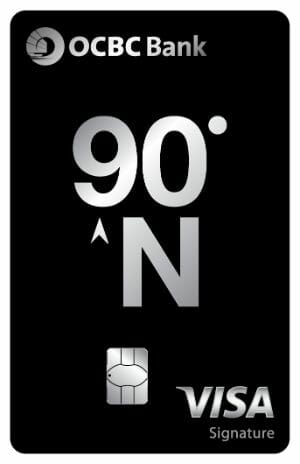 OCBC 90°N Visa OCBC 90°N VisaApply |
S$194.40 | 10,000 | 1.94 |
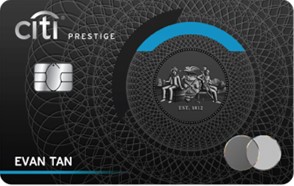 Citi Prestige Citi PrestigeApply |
S$540 | 25,000 | 2.16 |
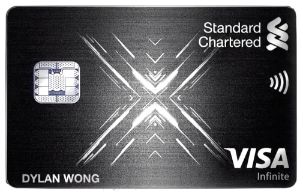 SCB X Card SCB X CardApply |
S$702 | 30,000 (first year only) |
2.34 |
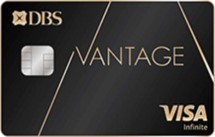 DBS Vantage DBS VantageApply |
S$594 | 25,000 | 2.38 |
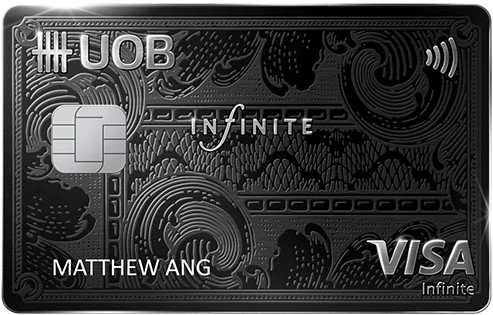 UOB VI Metal Card UOB VI Metal CardApply |
S$648 | 25,000 | 2.59 |
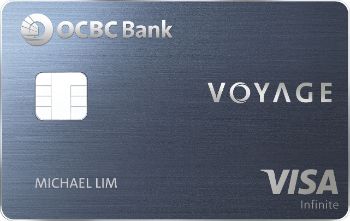 OCBC VOYAGE OCBC VOYAGEApply |
S$492.50^ | 15,000 | 3.28 |
| *S$492.56 for HSBC Premier customers ^Alternative option: Pay S$3,240 for 150,000 miles, which cannot be kept as VOYAGE miles and will be automatically converted to KrisFlyer |
|||
It’s hard to justify those prices, especially when bill payment services like Citi PayAll or CardUp offer miles from as little as 1 cent each during promotions. You can use these services to settle expenses like:
- education fees
- hospital bills
- income tax
- insurance premiums
- MCST fees
- mortgage loans
- property tax
- rental
- season parking
- town council fees
- utilities bills
Basically, the average person should be able to find something to pay, which removes the need to buy miles via annual fees.
| ⚠️ Caveat |
|
While it’s generally not a good idea to pay your annual fee if it only comes with miles, there are high-end cards which throw in other benefits. For example, paying the Citi Prestige Card’s S$540 annual fee gets you 25,000 miles, an unlimited Priority Pass (with free guest), complimentary airport limo transfers, the 4th night free on hotel bookings and other perks. It wouldn’t be worth paying S$540 for 25,000 miles alone, but when other things are included, you need to evaluate the package as a whole. |
(4) Letting your points expire
There’s no worse feeling than having your points expire on you, so it pays to be organised.
Unfortunately, bank points can be a confusing labyrinth, because each has their own set of rules and regulations. Here’s a quick summary of expiry policies by bank; be sure to read the footnotes because even within a given bank, expiry policies may differ depending on which card you use!
| Bank | Currency | Expiry |
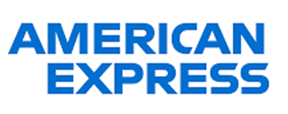 |
Membership Rewards | No expiry |
| Rewards Points | 12-24 months | |
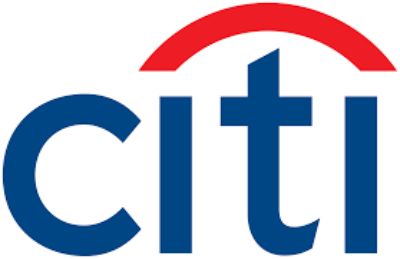 |
Citi Miles | No expiry |
| ThankYou Points | Up to 5 years1 | |
| DBS Points | 1 year2 | |
| Rewards Points | 37 months | |
 |
TREATS | 1 year3 |
| OCBC$ | 2 years | |
| Travel$ | No expiry | |
| VOYAGE Miles | No expiry | |
| 360° Points | Up to 3 years4 | |
| UNI$ | 2 years5 | |
| 1. ThankYou points earned on the Citi Prestige and ULTIMA never expire 2. DBS Points earned on the DBS Altitude and Insignia never expire; DBS Points earned on the DBS Vantage expire after 3 years 3. TREATS Points earned on the Maybank Visa Infinite and World Mastercard never expire 4. 360° Rewards Points earned on the SCB Visa Infinite and X Card never expire 5. UNI$ earned on the UOB Reserve Diamond Card never expire |
||
You can try to track your points with an automated system like AwardWallet (though their support for Singapore banks is very hit and miss), but I do it more old school with a simple spreadsheet.
(5) Frequently using your general spending card
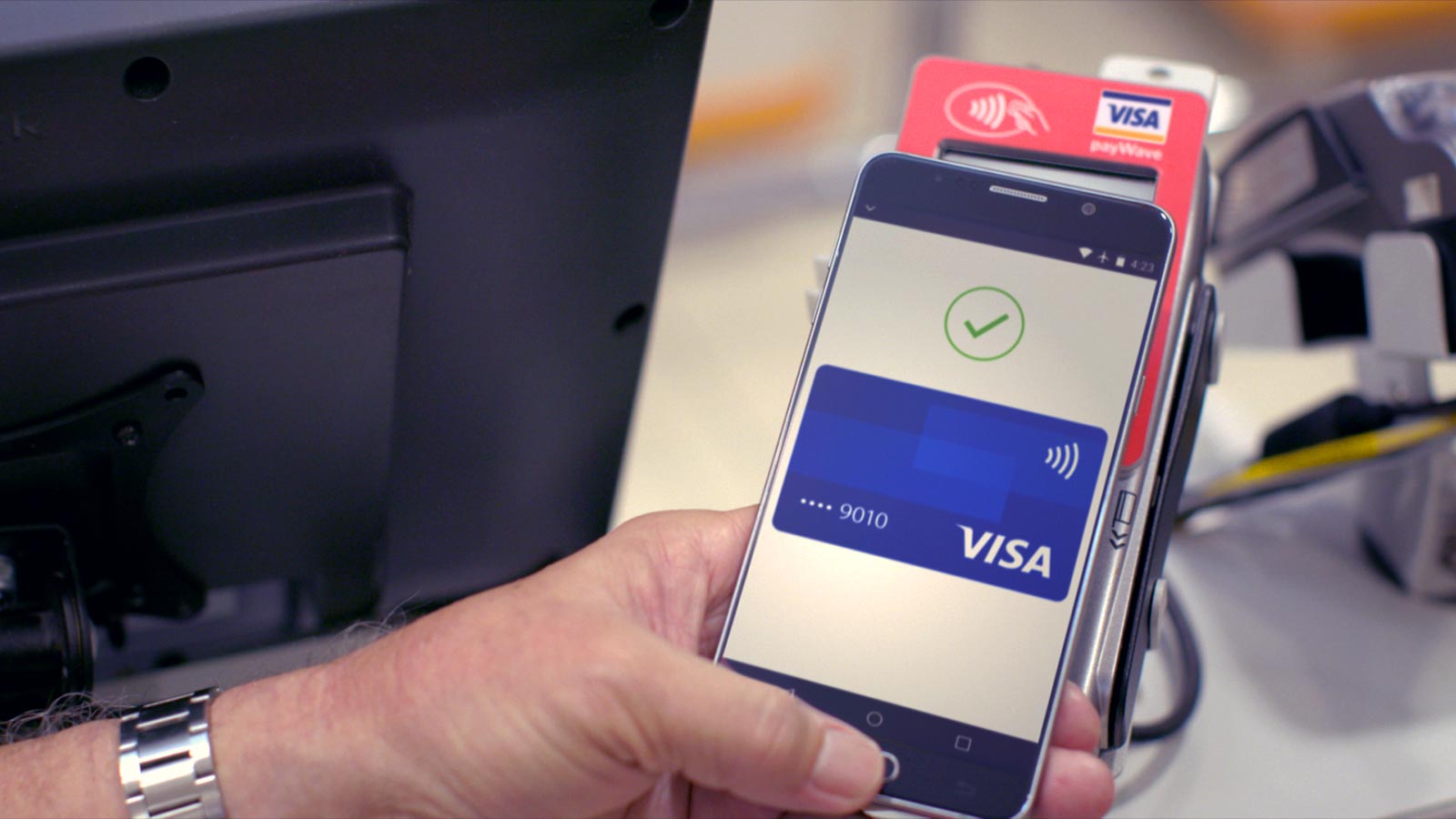
Some people think that their general spending card should be handling most of their day-to-day transactions, with specialised spending (i.e. 4 mpd) cards used occasionally when the opportunity presents itself.
That gets things the wrong way round. In fact, you should be using your specialised spending cards for the bulk of your expenses, swiping the general spending card only as a fall-back solution.
Why? Because of how easy it is to earn 4 mpd these days. For all your in-person transactions, you could use either of the cards below to earn 4 mpd regardless of merchant.
| Card | Earn Rate | Remarks |
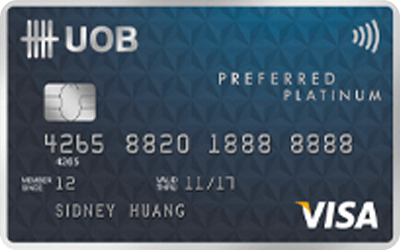 UOB Pref. Plat. Visa UOB Pref. Plat. VisaApply |
4 mpd | Max S$1.1K per c. month, must use mobile payments Review |
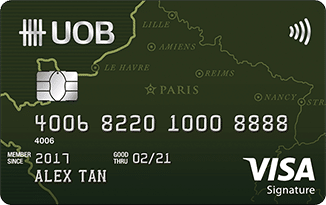 UOB Visa Signature UOB Visa Signature Apply |
4 mpd | S$1K-2K per s. month on contactless & petrol Review |
| C. Month= Calendar Month, S. Month= Statement Month. Exclusions apply for UOB$ merchants | ||
For all your online transactions, either of these cards would do the trick.
| Card | Earn Rate | Remarks |
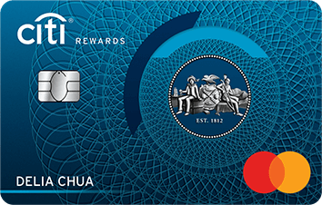 Citi Rewards Citi RewardsApply |
4 mpd | Max S$1K per s. month, excludes travel Review |
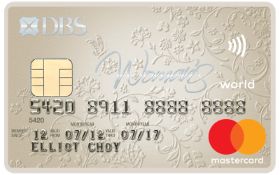 DBS WWMC DBS WWMCApply |
4 mpd | Max S$2K per c. month Review |
| C. Month= Calendar Month, S. Month= Statement Month | ||
Since it’s so simple to earn 4 mpd on the majority of your transactions, the only situation I’d be using my general spending card is if contactless payments weren’t accepted, or if I’d hit the 4 mpd caps on my specialised spending card s already.
(6) Mixing up blacklist and whitelist policies
It’s easy for first-timers to get confused about the difference between the:
- Citi Rewards Card
- DBS Woman’s World Card
- HSBC Revolution
- OCBC Titanium Rewards
- UOB Preferred Platinum Visa
because they all award 4 mpd for online transactions in some way or another.
But there’s a crucial difference in how they award points: blacklist vs whitelist.
The ideal scenario is a blacklist approach, where all online transactions earn 4 mpd unless they fall into a blacklisted category (like donations or insurance). However, some cards may use a whitelist approach, where online transactions do not earn 4 mpd unless they fall into a whitelisted category (like shopping or dining).
| ❌ Blacklist Approach | ✔️ Whitelist Approach | |
| Definition |
|
|
| Examples |
|
|
A blacklist approach offers a much wider scope than a whitelist one, and that’s why all things equal, the Citi Rewards Card and DBS Woman’s World Card are better than the rest.
(7) Spreading yourself too thin
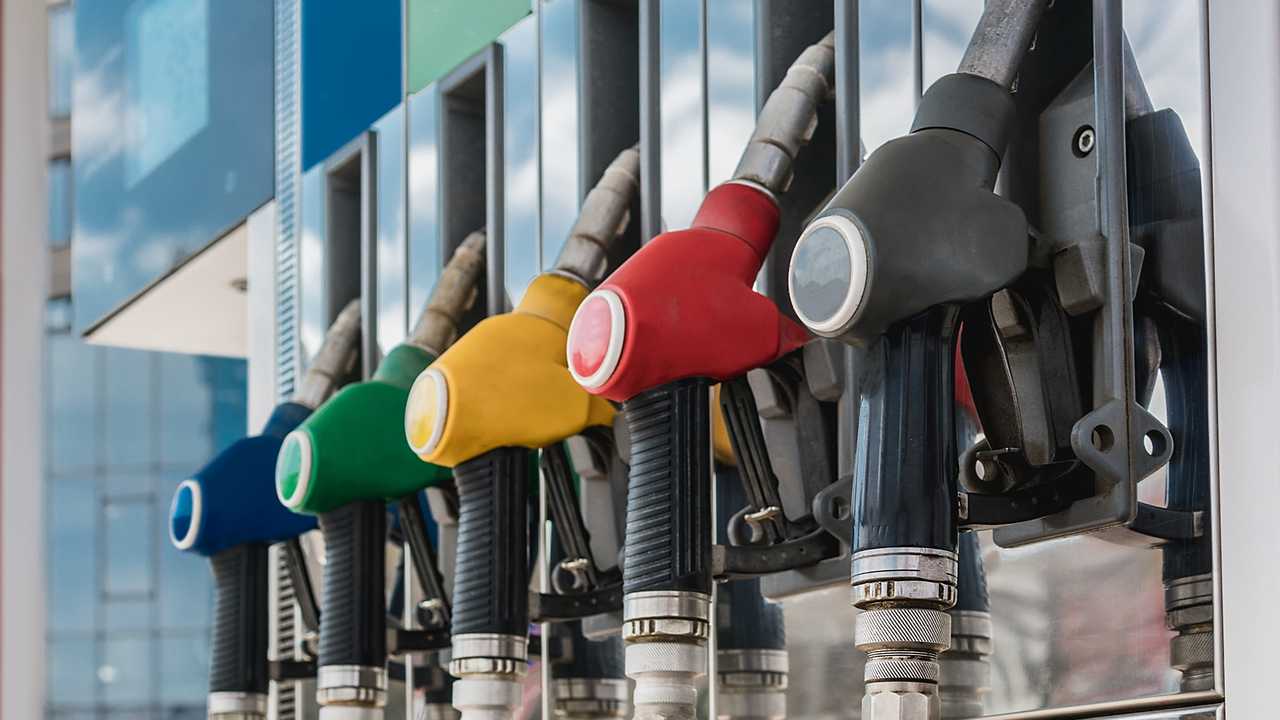
As much as we want to earn 4 mpd on everything, there is a possibility of over-optimising. This refers to a situation where you spread your spending over too many cards, thereby incurring additional conversion fees or ending up with orphan points.
It’s not so much the conversion fees I’m concerned about. They’re annoying, and we try to minimise them where we can, but paying them isn’t the end of the world (an extra S$25 fee here and there isn’t going to destroy the overall value proposition of the miles game).
Moreover, it doesn’t necessarily mean more cards = more fees. If you own multiple cards from the same bank, you may only pay a single conversion fee, provided the points are pooled. For example, a UOB customer could hold a UOB PRVI Miles, UOB Visa Signature and UOB Lady’s Card, all while paying only a single conversion fee.
What I’m more concerned about is orphan points, which arise when you don’t have enough points in your account to cash out a block of miles.
For example, suppose I drive very infrequently but get a Maybank World Mastercard, just so I can earn 4 mpd on petrol. I may be optimising on that particular transaction, but since Maybank has a minimum conversion block of 10,000 miles, it would take a very long time to earn enough points for a cash out.
Which credit cards have the smallest miles conversion blocks?
Optimisation is good, but you need to look at both the micro and macro picture. If you don’t spend a significant amount on a particular category, then consider using your general spending card instead.
(8) Not reading the T&Cs
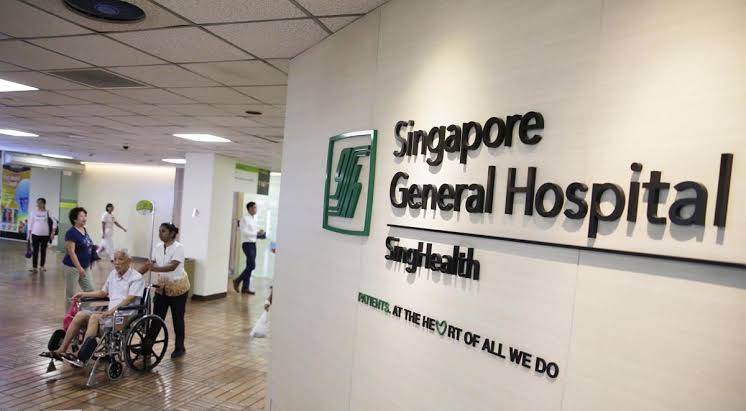
Far too many cardholders don’t bother reading the T&Cs, where the all-important exclusions are listed.
While some exclusions are common across banks (e.g government transactions and GrabPay top-ups), digging through the T&Cs can help you uncover bank-specific quirks, such as:
- American Express and Maybank still reward charitable donations
- Maybank, Standard Chartered and the UOB Reserve Card still reward utilities bills
- Maybank Visa Infinite lets you earn miles on up to S$3,000 of insurance payments per calendar month
- While most UOB cards exclude hospital bills, UOB Reserve and UOB Visa Infinite Metal Cards still award points
- American Express cards no longer reward public hospital transactions, but still allow earning on private hospitals
- DBS does not reward Amaze transactions
- HSBC does not reward CardUp or ipaymy transactions
For more fun things you can find in the T&Cs, refer to this post.
(9) Ignoring “two player mode”
For those who can convince their other half to join the miles game, “two player mode” is a simple way of doubling your sign-up cash, miles, and 4 mpd caps, or achieving hard-to-meet minimum spends.
In one variant of “two player mode”, you forget about supplementary cards altogether, and each individual applies for his/her own principal cards. Remember: new-to-bank status counts on an individual basis, so you can enjoy two new-to-bank bonuses, assuming you can each hit the respective minimum spends.
Even if you’re no longer new-to-bank, you can enjoy double the bonus caps by getting a principal card each. Here’s a simple illustration of how a couple paying for a wedding banquet could earn up to 50,880 miles each month on S$11,220 of payments, leveraging the fact that bonus caps apply per principal card.
| 💒 Monthly Banquet Payments | ||
| 🤵 Him | 👰 Her | |
 UOB Pref. Plat. Visa UOB Pref. Plat. VisaApply |
S$1,110 | S$1,110 |
 UOB Visa Signature UOB Visa Signature Apply |
S$2,000 | S$2,000 |
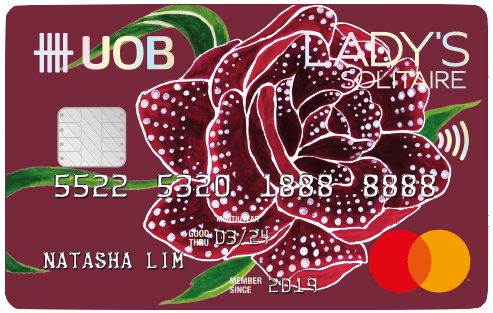 UOB Lady’s Solitaire UOB Lady’s SolitaireApply |
N/A | S$3,000* |
 HSBC Revolution HSBC RevolutionApply |
S$1,000 | S$1,000 |
| Total Spend | S$4,110 | S$7,110 |
| Total Miles | 16,440 | 34,440 |
| *If banquet held in a hotel, select travel as your bonus category. If banquet held in a restaurant, select dining as your bonus category | ||
In another variant, you use supplementary cards as a way of pooling spend towards a sign-up bonus. This is especially useful if neither of you is a particularly large spender. For example, if a sign-up bonus has a minimum spend of S$2,000, spending S$1,000 on the principal card and S$1,000 on the supplementary card would qualify.
(10) Paying interest and late fees
One of the first things you should do upon receiving your new credit card is to sign up for a GIRO arrangement, which ensures you’ll never miss a payment (unless of course your account is overdrawn, in which case we should really have a chat about you getting a credit card).
It’s important to see credit cards as “debit cards with better rewards”- you use them because of points, not because you want to spend more than you have. The worst thing you can do is end up carrying a balance on your card, because the interest and late fees will quickly eat up any value from rewards.
| ⚠️ Does applying for multiple cards hurt your credit score? |
|
It can, if you use them irresponsibly. But if you build up a track record of paying off in full and on time, then credit cards can actually be a good thing for your credit history. For more on credit scores and credit cards, refer to this post. |
And of course, if the allure of earning miles causes you to spend more than you otherwise would have, then this isn’t the hobby for you. Miles are a way to avoid leaving money on the table, not an excuse to put more down!
Conclusion
Those are some of the most common mistakes I can think of when starting out in the miles game, but I’m sure it’s far from comprehensive. If you have other facepalm moments to share, rest assured that the comments section is a glorious shield of anonymity.
Any other noob mistakes you should be avoiding?

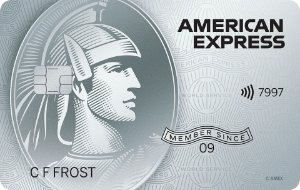
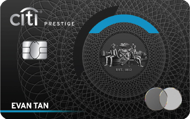
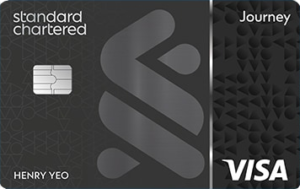




I still disagree on the annual fee portion.
it really is the cheapest way to get miles. take cpm for example. 10k miles for $194..
even if my income tax is $194, i cannot get 10k miles.
it is literally the cheapest way to get miles with amount spent.
If the fee to pay your income tax is 194 @1cpm, you get 19.4k miles
Cheapest way to get miles? Clearly you are new to the miles game. It is the most expensive way. I can think of a way right now where you could get up to 264,000 miles for just 0.8c a mile. You are paying 1.9c, more than twice the price!
Pray tell this 0.8c opportunity good sir
If it’s the same guy, he wrote several essays in the ML 2023 strategy comments section about this. Basically do you have enough cashflow to arbitrage an FD with payall iirc
Seems like it to me based on his replies.
Holding funds longer for interest rates?
I totally can’t see the picture with regards to buying miles.
But need to spend $8k in order to get the 2.2 mpd promo for Citi PayAll.
My current expenses (including income taxes and utility bills) cannot even hit that!
even if you can’t trigger min spend for payall, cardup would still offer cheaper miles than credit card annual fees
Yep! Which i currently did!
CardUp:
Income tax – 1.75% fee for VISA payments at 1.43 CPM
Other payments – 2.25% fee at 1.83 CPM
Citi PayAll:
(Rewards earning does not include fees)
Property tax + SP utility Bills
2.2% fee at 1.83 CPM
The reason why I buy miles via annual fees (as long as it is less than 2 CPM) is because it can cut short the time taken to reach my business class goal by about 1+ years. It is all about earn and burn ASAP, while not exceeding the cost of 2 CPM.
Goodness. You can just use UOB Pay Anything and buy miles at under 1.5cpm. You can buy as many as you like, up to your credit limit. And you can repeat the cycle every couple of months if you want – and super-accelerate your business class goal. But hey, if it makes you feel better to pay 30% or more via a credit card fee, all power to you. Btw, UOB Pay Anything at ~1.5cpm, while easy, is not the cheapest option. There are a few much cheaper options. Think outside-the-box and be creative! There is NO reason to EVER… Read more »
Noted on the “UOB Pay Anything”. But due to their sneaky T&Cs ($5 blocks, UOB$ merchants etc), no way I am going to sign up any of their cards.
Nothing sneaky. It is clear in the T&C. Would I prefer to avoid the slight downside of the $5 blocks and having to avoid UOB$ mechants? Or would I prefer to buy miles at 30% less than what a card annual fee offers? I prefer the 30% discount, thanks.
In fact, you can have the best of both worlds. Have a UOB card and only use for Pay Anything. If the $5 blocks and UOB merchants are such an issue to you, just don’t use the card for spending.
https://mainlymiles.com/2023/01/03/uob-payment-facility-hikes-fees-from-february-act-now-for-a-discount/
Just read up – Looks like the UOB Pay Anything is not worth as it exceeds over 2 CPM.
All UOB Payment Facility transactions will be awarded with UNI$2.5 for every S$5 of the approved amount charged (1 mpd instead of 1.4 mpd on UOB PRIV Miles).
Also i am only eligible for 30k cards.
Forget about the 50k / 100k cards.
U need to think a bit more – you are only considering the face value of the miles. It is not a case of paying a fee and receiving the miles (like when you pay the annual fee on your credit card). Look at the transaction end-to-end. Get out a calculator and work it out fully. Have you considered interest rates? Have you considered how long you will hold UOB’s funds before repayment and your card cycle? It you work it out fully the miles cost can be as low as 1.3mpd. Although 1.4mpd is more likely. It is a… Read more »
Hello sir? How did your calculations comes up as 1.5 CPM or less?
Please elaborate more on how has the interest rates got to do with buying miles at 1.5 CPM or less?
If you do a Pay Anything transaction with UOB what will happen? Have you read an understood exactly how the transaction works? Well, among other things, UOB will deposit funds to your bank account. That money will be in your account up to around 55 days depending on your card cycle and when you execute the transaction. So of course interest rates are a factor. Are you not going to be earning interest on that money while it is in your account for 55 days? Does that interest you earn, not act to reduce the cost of your miles? What… Read more »
Getting more and more complicated.
Guess I’ll just pass.
How much cardup would i need to spend to hit 10k miles?
My first ever credit card application was for Citi Rewards through SingSaver, it was rejected without any reason. I was only approved after signing up through a roadshow, with zero sign-up gifts to show for it. I was also required to sign up for both Rewards and PremierMiles by the agent.
Looking back, it is a pretty terrible deal, but at least I got a foot into the miles game thanks to the roadshow.
With credit card fraud so prevalent nowadays I’d never do a GIRO arrangement. Good luck getting your money back from the bank if something screws up.
I am a PR. I only have two creditcards (DBS and HSBC), have a good salary, 1952 / AA credit rating, pretty much no debt and I repay my cards in full each month.
But every single time I have tried to apply for credit card you’ve recommended I’ve been immediately rejected.
Is there any reason for this? Is there anything you’d recommend to check?
Call the bank and INSIST they explain why. You have a legal right to know. But you will have to be persistent. It is weird that you are being reject though. Normally collecting cards by the dozen, almost, is easy! However, try getting a card once you are retired and don’t fit into the “standard mould” of their acceptance criteria. You could have $10m in the bank, but without a salary from being a wage-slave you won’t qualify. Which brings me to point #2 above. If you are no longer a wage-slave, do NOT cancel your last card with the… Read more »
I called UOB but they say they have the right to not tell me why i didn’t get approve.
#11. Not having enough ability to work through basic mathematical calculations.
There is a issue to be taken note of with GIRO deduction.
My friend once told me that as soon as that is paid, all fraudulent transaction becomes legit for the bank. They told him that the money has already been transferred to the merchant as legitimate transactions.
He was not able to get anything back even though he filed a fraudulent report once the payment for cc statement (or auto giro deduction) went through.
from my own personal experience, this is untrue. if a charge is disputed and awarded in your favour, you will get a statement credit for that amount. a giro arrangement has nothing to do with whether you can dispute a fraudulent transaction.
Can I understand why is UOB PPV in whitelist and not blacklist? As I thought as long the transaction is paid via mobile contactless paywave, it’s 4mpd?
actually, PPV’s mobile payments are a blacklist situation (all MCCs except exclusions), while its online bonuses are a whitelist situation (certain MCCs only). i’ll update the table to highlight that distinction, thanks!
Hey Aaron! I’m not sure if I’m reading this wrongly, but I see that in your updated table, you listed UOB PPV (Online Spend) under blacklist and UOB PPV (Mobile Payments) under whitelist? Should it be the other way around?
good spot! have made that fix, thanks for flagging it